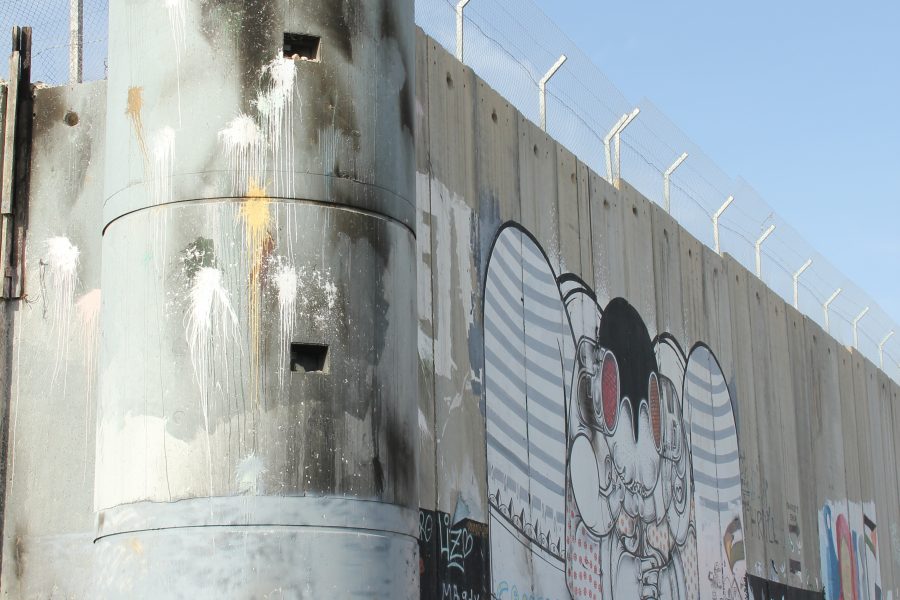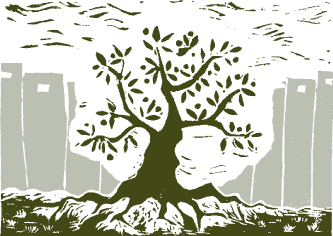The occupation
The Israeli occupation controls Palestinian movement (people and goods) through a network of checkpoints and obstacles such as roadblocks and roads reserved for settlers only.
Palestinians in the West Bank and Gaza Strip must also apply for ‘permission’ from the Israeli military for many journeys.
One of the main obstacles to Palestinian freedom of travel is the Separation Wall which Israel began building in 2002 and which puts 8.5% of the Palestinian West Bank on the ‘wrong side’. This includes prime agricultural land, water resources, and tens of thousands of Palestinian people. In 2004, the International Court of Justice at The Hague gave an advisory ruling that parts of the route of the wall were illegal and should be dismantled, but construction continues to this day.
On top of this, large parts of the Occupied Territories are completely off-limits to Palestinian people: their land is taken up and fragmented by settlements, military training zones, ‘nature reserves’, and Israeli army bases. For example, in the Bethlehem region, 87% of the land is unavailable for Palestinian use. The UN has condemned these settlements in Palestinian in a number of resolutions, declaring them to be illegal under international law. The number of settlers living in occupied East Jerusalem and the West Bank has grown to over 600,000. Settlements in occupied East Jerusalem and the West Bank are connected to each other and to Israel through bypass roads that cut through Palestinian land. Israeli settlers in the West Bank are allowed to carry weapons, and often attack Palestinians and their property. Israel continues to expand existing settlements, as well as annexing more Palestinian land to build new settlements. This planned annexing of land and the settlements are viewed by many to be one of the main ‘obstacles to peace’:
Almost every day more demolitions occur in Palestine. The United Nations Office for the Coordination of Humanitarian Affairs has a current chart detailing the displacement and demolitions which have taken place since 2009. You can view these in detail here. There is also statistics which show the number of Palestinians and Israelis who were killed or injured since 2008 in the occupied Palestinian territory – view here.
Many Israeli and Jewish leaders, groups and individuals are determined to transform the West Bank and particularly East Jerusalem in to a majority Jewish area for religious and ideological reasons. To this end, while settlements increase, Israel uses tactics such as house demolitions to increase the ratio of Israelis to Palestinians. Since 1967 Israel has demolished more than 25,000 Palestinian homes in the West Bank and East Jerusalem, often on the pretext that that the construction was ‘illegal’. Yet Palestinians are routinely denied planning permission by the Israeli authorities, while Jewish settlements grow.
Now groups within Palestine have been joined by international organisations to issue a call for a campaign of Boycott Divestment and Sanctions against Israel until it complies with international law and Palestinian rights. You can find out more about the BDS movement here.
Visualizing Palestine is a website providing graphics to help in understanding the situation on the ground in the West Bank.

